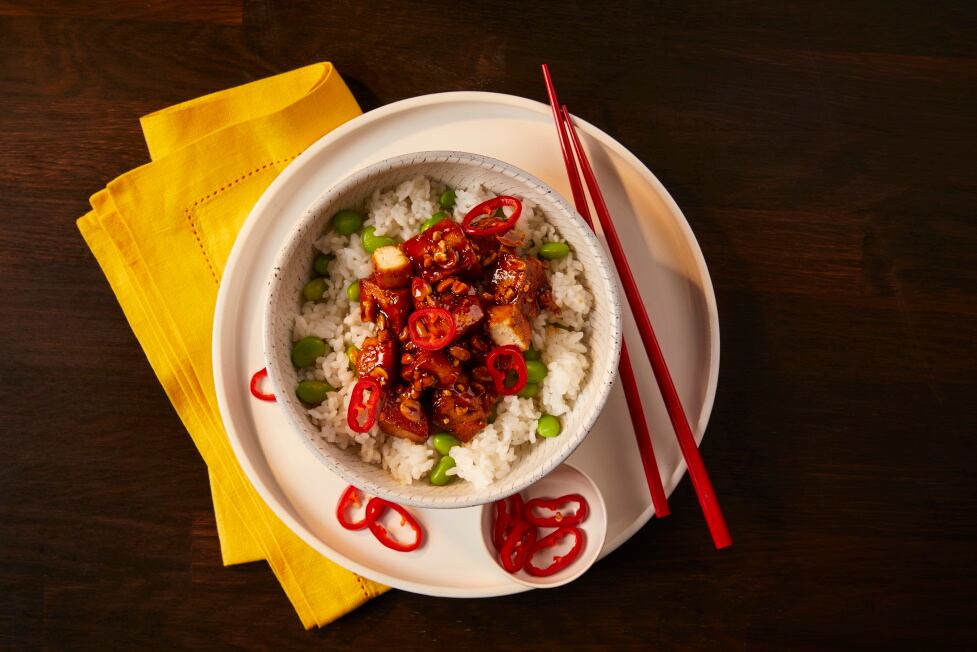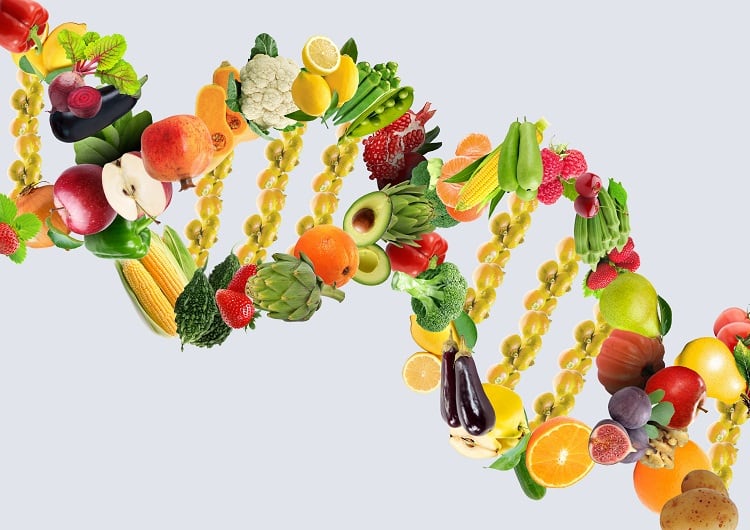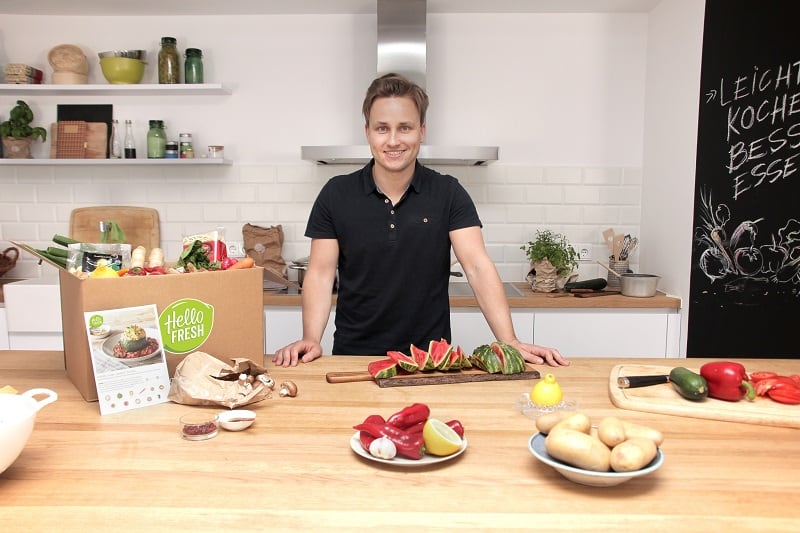The global meal kit delivery market is booming. Forecasts from Grand View Research predict worldwide recipe box sales will rise to US$19.92bn by 2027, reflecting a compound annual growth rate of 12.8%.
Nestlé wants a piece of the action.
In short order, the Swiss food giant revealed two deals, in the US and UK, that will see it gain a foothold in the burgeoning meal subscription sector. In the US, the company is taking full ownership of Freshly, one of the leading freshly prepared meal delivery services in the country. In the UK, Nestlé is taking a majority stake in healthy recipe box and prepared frozen meals company Mindful Chef.
The deals should be viewed in the context of Nestlé’s portfolio transformation strategy, which has seen the company shed lower growth brands and invest behind businesses that it believes will deliver long-term growth.
Commenting on the most recent Mindful Chef deal, a spokesperson for the world's largest food company explained: “Nestlé’s long-term strategy is to transform its portfolio with a focus on healthy food. The acquisition will further expand Nestlé’s portfolio of direct-to-consumer businesses as consumers embrace ecommerce and dine at home like never before.”
Unveiling the agreement to take majority ownership of Mindful Chef – the financial details of which were not revealed – Nestlé UK & Ireland CEO Stefano Agostini stressed the cultural and strategic fit of the two businesses and said Mindful Chef offers consumers 'a trustworthy proposition that makes healthy eating easy through a direct-to-consumer subscription model'.
“Nestlé and Mindful Chef share an ambition to increase the availability and convenience of healthy food while paying close attention to how ingredients are sourced and reducing food waste. It means this is an ideal partnership for both parties as Nestlé continues to transform its portfolio and Mindful Chef accelerates its growth plans.”
‘Making healthy eating easy and delicious’
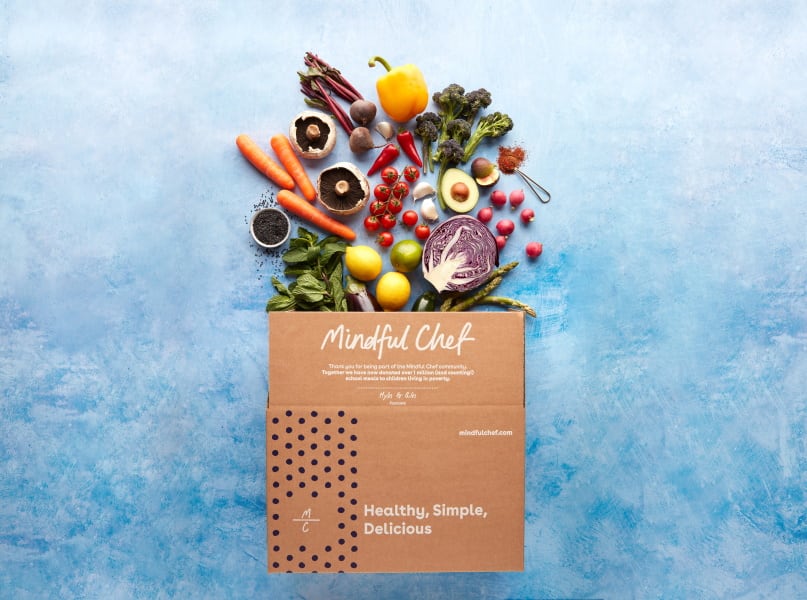
The COVID-19 pandemic has accelerated consumer uptake of the meal kit model. It has also elevated awareness of food system sustainability and concentrated the public’s attention on the impact diet has on overall health and wellness.
“COVID-19 has refocused attention on the need to eat healthily, be it to move towards a lower weight due to the links between obesity and morbidity as a result of contracting the virus, or to incorporate more food and drink solutions that contribute to the normal functioning of the immune system,” Mintel’s food and drink analyst Ayisha Koyenikan told FoodNavigator.
To many consumers during lockdown, meal kits have proven the perfect marriage between convenience, excitement and fresh, healthy food. “Meal kit delivery companies have profited from the COVID-19 pandemic, with consumers turning to them for a guaranteed source of meal solutions as shopping in store became harder and less desirable during the first lockdown,” Koyenikan noted.
These trends play right into Mindful Chef’s sweet spot: healthy, convenient and sustainability sourced food.
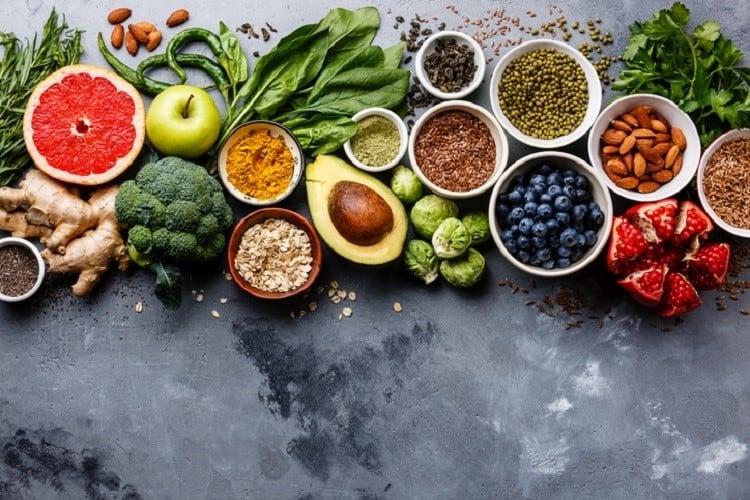
Founded just five years ago (and projecting sales of over £50m this year), the company combines ‘high-quality, sustainably sourced ingredients’ with ‘delicious, nutritionally balanced meals’.
Tim Lee, Mindful Chef CEO, observed that ‘from the very beginning’ Mindful Chef had a clear goal – ‘to make healthy eating easy and delicious while being good for the planet’.
Mindful Chef is not the UK’s largest meal kit provider and the company faces some stiff opposition from the likes of Hello Fresh and Gousto. Investment is flooding into the space – with Gousto becoming the UK’s latest tech unicorn at the beginning of this month – and meal kit suppliers are working to ramp up their capacity to meet demand.
Koyenikan believes the Mindful Chef’s health focus, which includes partnerships with the English Institute of Sport and British Heart Foundation, could provide it with an important point of difference in this increasingly competitive market.
“Convenient meal solutions often come with negative connotations around being highly processed and unhealthy. With their keen focus on healthy options, Mindful Chef’s offering will resonate well with the 42% of UK consumers who agree that recipe/ingredient kits tailored to their individual health needs would be appealing,” she noted.
Unlocking ‘new growth opportunities’
Mindful Chef will continue to operate on a stand-alone basis and the company’s three founders – Giles Humphries, Myles Hopper and Robert Grieg-Gran – and existing CEO will remain at the helm.
However, the business expects to benefit from ‘additional support’ from Nestlé.
“Nestlé has a strong track record of working in this way and will provide additional support and capabilities to drive the growth of the business,” a spokesperson for the Swiss food giant told FoodNavigator.
The benefit of this collaboration is a two way street. Nestlé also expects Mindful Chef’s expertise in data and analytics will reveal insight that can be leveraged in its own portfolio.
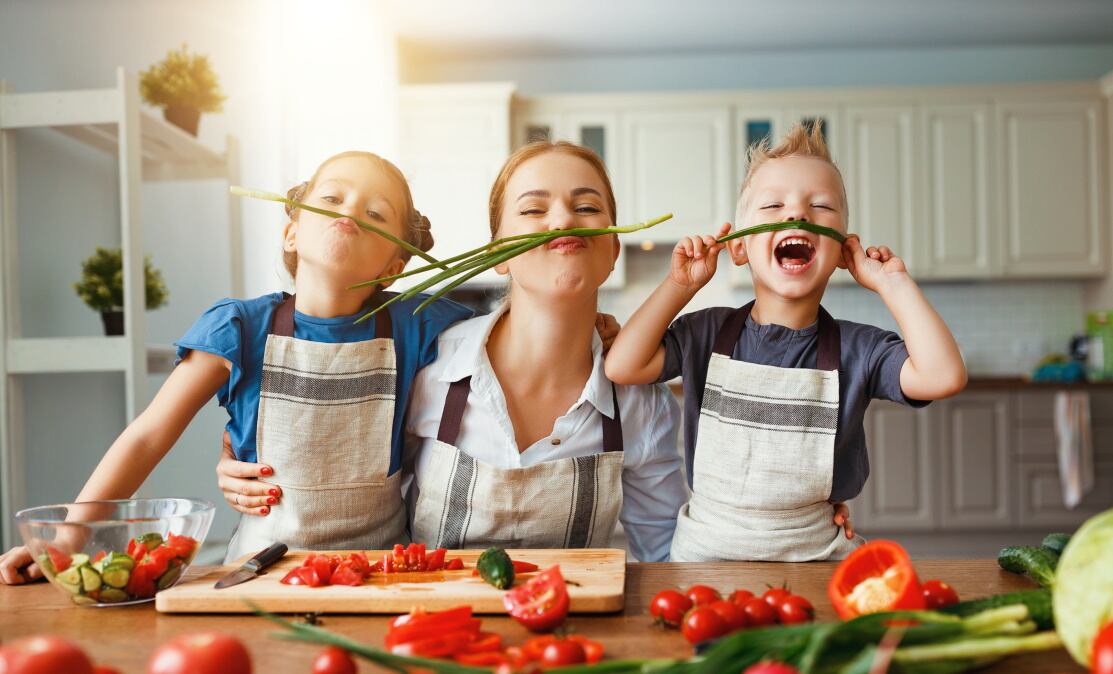
“Nestlé's deep understanding of what and how people eat at home, and its world class research and development capabilities combined with Mindful Chef’s consumer analytics platform will create further growth opportunities within the Mindful Chef business and across Nestlé's portfolio,” the spokesperson noted.
This mutually beneficial outcome was also an upside of Nestlé’s US deal to take control of Freshly, according to Mainfirst MD Alain Oberhuber.
“Freshly brings a robust direct-to-consumer model and highly specialized consumer analytics. Since 2017 [when the company first took a stake in Freshly], Nestlé’s capabilities in direct-to-consumer and the category have strongly evolved. For Nestlé, there could be potential future synergies, as the company looks for ways to maximize Freshly’s potential and fuel growth opportunities across the Nestlé portfolio.”
The Nestlé spokesperson added that deepening its involvement in direct-to-consumer (where it already has a presence through businesses like tails.com and Lily’s kitchen) rounds out the company’s consumer reach. “D2C expands Nestlé’s ability to deliver a wide variety of delicious food to consumers when and where they want it – be it directly in their home, in retail stores or online - providing unbeatable convenience, choice and ease.”
Maintaining the momentum of the COVID boom?
There is something of a cloud on the horizon.
The post-COVID economic outlook for the country is pretty bleak. The Institute for Fiscal Studies predicts 2020 Q4 GDP is likely to remain 6.2% below 2019 Q4 levels, a larger fall than the 5.9% peak-to-trough fall during the 2008 financial crisis. Even by the end of 2024, IFS thinks GDP will still be only 1.9% above 2019.
Consumers are increasingly going to find themselves squeezed - a trend that is already evident. In the UK between 24 September-1 October 2020, according to Mintel’s Global COVID-19 Tracker, 37% of consumers were cutting back on non-essential spending.
This could present meal kit makers with a significant headache as they work to maintain the momentum picked up in COVID and ensure that all this investment in new capacity in the sector pays off. Why does it matter? Because, currently, meal kits charge a significant price premium.
As Koyenikan observed: "The convenience of meal kit subscriptions comes at a hefty price premium, and so these services tend not to appeal to lower income households. Currently for example, without any discounts applied, a UK Gousto box of two recipes to feed two people costs £24.99, which works out at £6.25 per portion, considerably more than the average ready meal or retail meal kit. As we face into the most severe economic recession in nearly a century, subscription companies will have to offer more than basic convenience and shift the perception of value to retain newly acquired customers."
One way this can be achieved, she suggested, is to partner with foodservice and restaurant brands because the price differential between these channels is less steep.
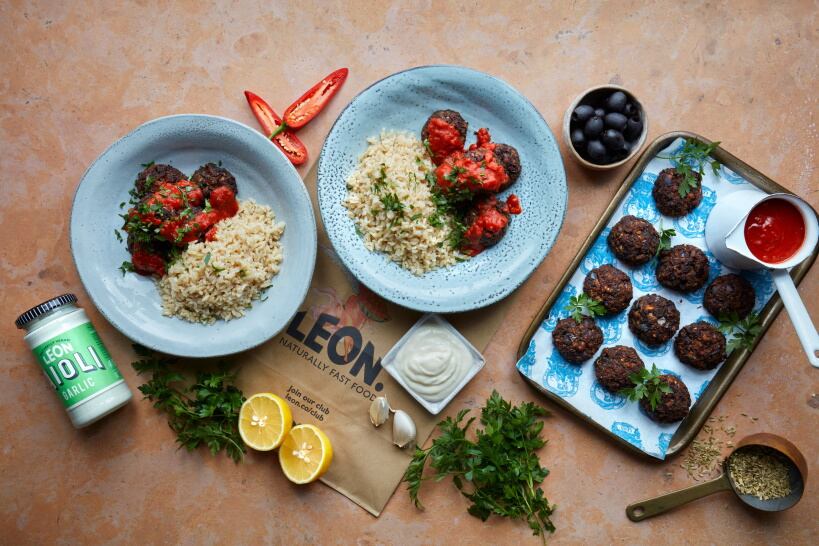
"It will be difficult to reverse the perception that meal kits are expensive as long as consumers compare their cost to other home-cooking options such as convenience foods from a supermarket or scratch cooking with ingredients purchased separately and more economically. The price premiums of the delivery kit model appear much more favourable when compared to the price of eating out at a restaurant."
Indeed, Mindful Chef has launched recent partnerships with the likes of Leon and Nando's, while Gousto has tied-up with Japanese restaurant chain Wagamama.
Another strategy, she continued, could be to make this 'easy' option easier. "While the idea of easy prep and instructions defines the category, there is room for operators to expand offerings to include even easier options, answering consumer demand for convenience without a sacrifice in quality."


